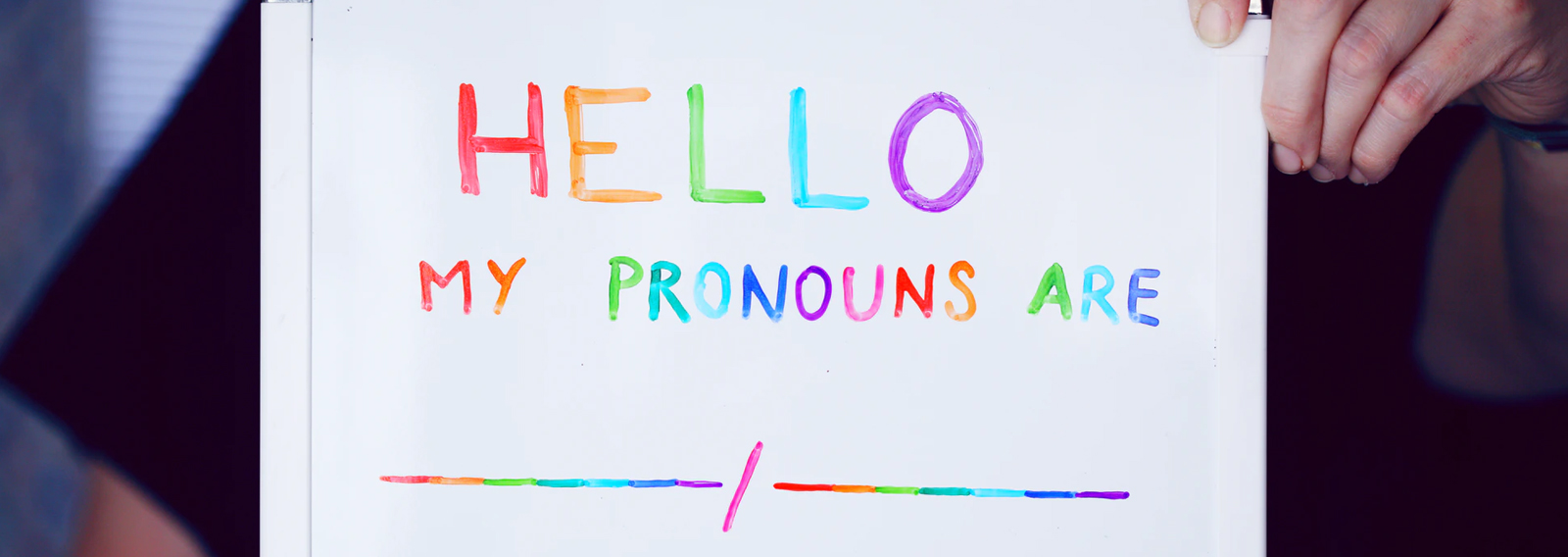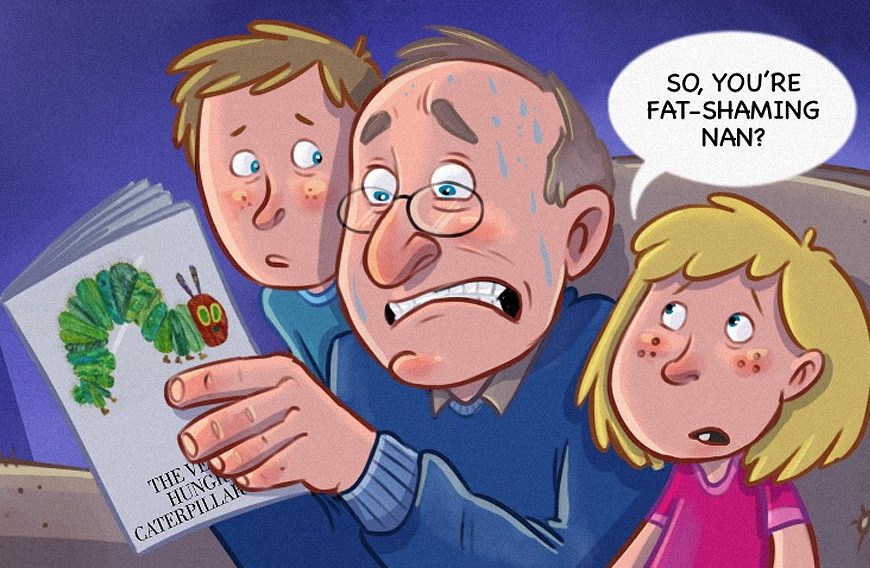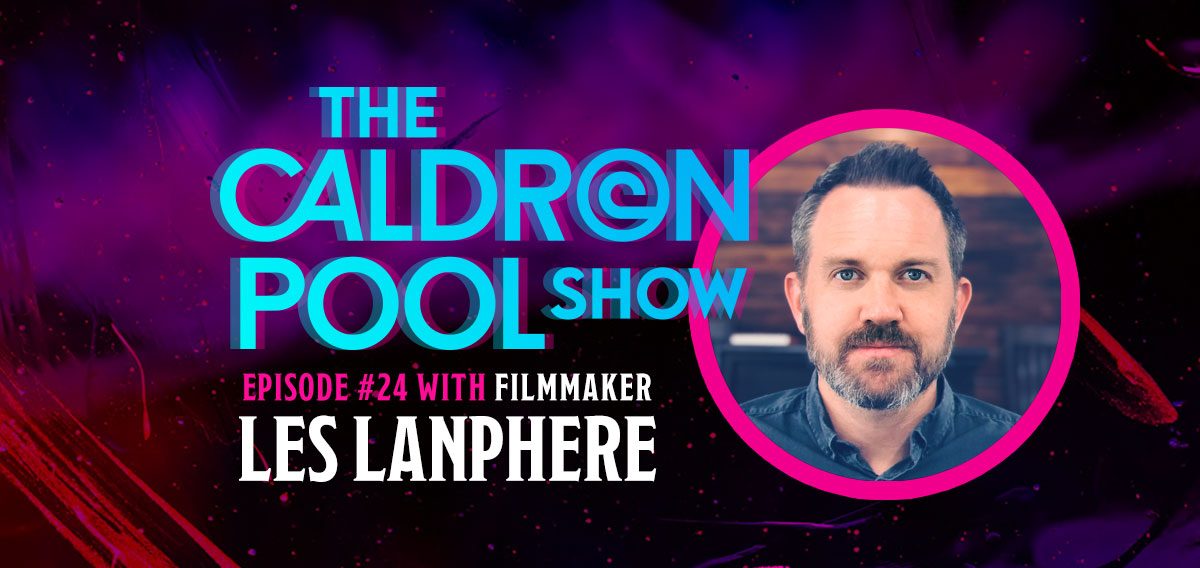In 2014, I got great pleasure from watching Christopher Nolan’s Interstellar, the celebrated sci-fi led by Matthew McConaughey. Inspired by my father, I had read Arthur C. Clarke and H. G. Wells in my youth, and to me, Interstellar was a return to the purest sci-fi. It really understood the modernist spirit. Star-wars scarcely rates as the same genre, being much more of a fairy-tale, really (a long time ago, in a land far away, a young princess got kidnapped, by a nasty wizard…).
Unlike fantasy fiction, in which power is super-natural and has some basis in past history, a classic sci-fi is always forward-looking. It’s steeped in the faith of modernism; the faith that man will be able, through continual technological advancement and discovery, to plumb the secrets of the rules of the universe and transcend his current constraints and form. To etch out an immortality for his consciousness from the dispassionate cold stuff of the universe. The faith that, despite the only available scientific evidence, man might not be condemned to just die out sometime before our universe’s own heat death.
In the absence of a God, modernism hopes that man may become god. It is a kind of collective hedonism, where mankind will be its own maker, going forward. Thank you evolution, we’ll take it from here.
Post-modernism is a kind of disappointed rebellion against modernism. Having been failed by science in more than just the lack of hover-boards, post-modernism rejects materialism, and re-embraces the spiritual. It rejects empiricism and embraces the irrational. But I protest that they are not as different as they look.
Many people write down a religion on the national census, but for how many of them is the definition of religion postmodern? Something that they believe so that they are able to cope with life, not because they actually think it is true? Quite a few, I suspect. This is seen in the way religion is not generally debated or even discussed – you believe what you want to believe, I’ll believe what I want to, and we’ll happily get along (provided that you shut up). Even though we contradict each other, we are both right. We each have our own truth. Someone who actually believes their religion empirically would be a fundamentalist.
Relativism is a post-modern idea. It’s a philosophy that can be summarised in three steps:
Step 1: Our perception of reality, and reality itself, can be different(we know that because our perception can change over time)
Step 2: It is, therefore, impossible for us to know how our reality, and our perception of it, differ
Step 3: We might as well ignore reality, and live only within the sphere of our perceptions
Aah, perception versus reality: scientists bash their head against it, relativists give up.
Of course, we still have rational minds. We cannot believe two contradictory things to actually be true. So the moment we say that all religions are correct, for instance, we are really saying that no religions are correct. This is where post-modernism and modernism intersect, because the latter also says that no religions are correct.
And just as in modernism, the real theology of the relativist is hedonism:if you can just pick your religion, then who is actually the god? You are. Being a hedonist means living for yourself, every day—doin’ it your way, Sinatra style.
Post-modernists put their faith in, and fiercely protect, their self-narrative. The quality of a belief is not its correspondence to reality, but one’s ability to convince oneself of it. They tell one another, they tell their children, they write it on their lintels and on their door-posts: “You can be anything you want to be if you put your mind to it.” It’s as false today as it ever was, but has nevertheless persisted to create a generation of emotionally hamstrung people who can’t cope with failure.
Positive affirmations are a path to success and happiness, don’t you know? I once attended a workshop where a self-appointed life-coach told the group to each write down something about our self that we were not satisfied with. We then placed it in an envelope, and did a visualisation exercise watching it walk into the sunset. Afterwards, we were asked to all say out-loud together, several times, “I am good enough, I am good enough, I am good enough.”
This is how a hedonist finds forgiveness: by divine fiat! What, precisely, we were good enough for, I still don’t know—heaven, perhaps? Self-assertion of one’s forgiveness like this is not rare. You will hear it said, “Before you can forgive others, you must forgive yourself.” Huh, Jesus said, “If you won’t forgive others, neither will God forgive you.” Maybe these are both the same for a hedonist.
Why do we all look inward to find our “dreams” to find our purpose? Why do we expect to discover our purpose within at all? Naturalism, today, is deeply ingrained. There is no real god, so I have the right to define my own path in life.
Have we considered that one of the causes of the increased rates of depression and suicide may be that we make crap gods? We are, simply, not sovereign over our universe. We don’t always know what will be best for us. How many youth have been told that they can make their life perfect if they follow their dreams and passions? What if they don’t have lofty dreams and passions, what, or perhaps who, will be their guide then? No, no, they just need to perform a miracle, just need to exercise their divine fiat, just need to reach within themselves and find the spark of life.
But God only gave us the breath of life, He retained the spark.
We need Him in the mess of this life. I love these lyrics from Newsboys’ Thrive:
Down here in the valley every shadow you see
has its own story.
Down here in the valley every puddle of mud
comes from tears and blood.
And its so hard just to get warm,
that the chill turns into despair.Down here in the valley nothing’s able to grow,
‘cause the light’s too low.
Folks spend their days digging ‘round for diamonds and gold,
‘till they just get old.
And they don’t know anything else;
they don’t know they’re breathing bad air.
But I’m tired of living like this
and my soul cries out, “if you’re there…Lord, lift me up with tender care.
Wash me clean in the palm of your hand.
Hold me close, so I can thrive.
When you touch me, that’s when I know I’m alive.”
Post-modernism is the play-ground of the current radical left, which is far from a coincidence. You see, egoism-type-hedonism is all well and good for the winners, who can float to the top of the pack and do it “their way” unimpaired. It’s good for the self-oriented thinker types, who don’t need other people. But the feelings people, the losers? Not so easy! Lefties to the rescue…
The radical left display their post-modernism with ideas like ‘structural discrimination’. For those who haven’t heard the term, it describes the idea that our society is structured in a way that discriminates against some groups of people. An analogy would be that basketball structurally discriminates against short people, due to the height of the hoop. Stairs and kerbs structurally discriminate against people that can’t walk, and I have heard a student say that it was ‘arbitrary’ that society was set up in this able-ist way.
Two problems arise, the first is a logical one: structural discrimination is ineradicable, because where there are differences between people there will always be situations that provide advantage for one over another.
The second gets to the heart of the matter: Ok, so structural discrimination exists. So what? What is it that makes structural discrimination unfair? To say it is unfair is a moral judgement, and so it proceeds from an underlying ethic. What ethic?
I have heard some say that one of the drivers of the radical left is guilt. The guilt they are speaking of is collective guilt: White man’s guilt for our colonial history,man’s guilt for our misogynist history,able people’s guilt for disabled people’s institutions,the west’s guilt for historic repression of sexual expression,and who-knows-what guilt we apparently feel about Islam. Unfairly, we haven’t been distributing deity evenly – privileged white males get much more god-dom than other hedonists, which ruins their experience of the only life they will ever live.It’s not fair!
But how serious can collective guilt be? Can I feel genuine guilt that eats at my conscience for something that I, individually, did not do?Certainly, to the extent that I have been racist or misogynist, I can feel guilt. But microagression, unconscious bias, historic prejudice? Mostly, the collective guilt wielded by the left is a by-product. It’s the necessary dark-side of the same moral judgement that gives themsomething to feel virtuous about, or do penance for. It’s guilt-signalling.
The left’s morals are very clever, they provide everything a good false religion should: a shot at redemption, something to boast about, a purpose in life, and they also “cast the cords from us, and break the bonds in pieces” (Psalm 2). Their ethic? pure hedonism:
Do whatever you want, unless it stops other people doing whatever they want.
It makes sense, if I am god, then it is not right that anything outside of my control should constrain me! Not you, not anyone. Not anything, even: How dare my intelligence disqualify me from being a professor, how dare my height disqualify me from sport, how dare my birth body disqualify me from being the gender I want! (Come on, this is illogical, the answer is obvious: you’re not god!) No, no, that’s not the answer. It must be that logic itself, which has actually been abandoned on the grounds of relativism, was also a product of a white, male, Christian, moralistic, empiricist world, and the whole time this was just another way for elites to assert oppression!
I believe the strongest driver for the post-modernist is, indeed, guilt, but not guilt for collective sins. After Adam and Eve ate the fruit, their immediate response was shame. They realised instinctively that we are what we do. If I steal something, it means that I am the type of person who would steal something. Guilt is the ultimate identity problem of a sinner, and despite our best attempts at divine fiat, a leopard cannot change its own spots. It is this identity that is actually behind identity politics.
The radical left embrace collective guilt to evade real, individual guilt, that results from our structural selfishness and the decisions it leads us to make – adultery (it must be society’s fault that has arbitrarily ‘normalised’ monogamy), child-neglect (its society’s fault for structurally disadvantaging parents), abortion (it’s unfair that women have to go through this and men don’t), homosexuality (if I feel any shame, it must be because society has ‘normalised’ heterosexuality), etc.
We can re-define our feelings of guilt: guilt is when I internalise the external judgement of the structurally prejudiced, judgemental society I grew up in (which we best be rid of ASAP!), rather than the voice of my own conscience. Just listen out and you will hear it. Richard Dawkins, for instance, says it outright: making someone feel guilty is a type of oppression.
“Let’s all just do whatever we want,” the left will say, but they can’t stop there,“and let us also protect other people, who are also just trying to do what they want, from the people who don’t want to let them. Or even worse, from the people who will tell them they are wrong, whose words might fracture the already fragile barrier erected between them and their guilt.”
Protection of self-narrative—the narrative that “I am good enough”—has become synonymous with protection of mental health. The one verse of the bible they like is “judge not, that you be not judged”. It sounds like an expression of their collective pact: I won’t mess with your god-head, if you don’t mess with mine;we can each be our own gods.
The verse is, unfortunately for them, taken out of context.
A conservative said to me recently, “If they only heard our arguments, they would agree, if they understood.” I love his optimism, but I don’t think he’s right. The radical left feel great while they see themselves as pioneers of a new era. The new, modern, illuminated generation, unencumbered by the dusty, repressive nonsense that bound up their grandparents. But they know deeply what they are holding onto, and what they are left with if they drop it.
In overturning someone’s post-modernism, you would expose the real guilt that is hiding beneath. It would be like trying to take the quilt of someone in mid-winter. They’ll clutch that quilt for dear life, especially if they’re not wearing pyjamas. They’ll talk to one another saying “I’m ok. You’re ok. It’s ok for you to be you.” And at the same time they will do everything in their power to silence other voices (who are arguably also being themselves)that say otherwise.
Modernism doesn’t have the answers. You can construct a scientific response to the radical left—it will generally be a form of utilitarian ethic: “It’s wrong because it doesn’t work”. “It’s wrong because Soviet Russia killed so many people”. But pragmatism can’t trump moral imperatives.
The guilt is hovering just out of sight; if you are to reveal it, you must have a solution to guilt handy. Modernism, humanism, science… they don’t. They just offer another form of hedonism. They’ll just say guilt is pretend, it’s a construct, a feeling. It doesn’t matter. But someone who has had their unborn baby killed to further their career advancement, for instance, is invested heavily in their beliefs about it. Guilt isn’t a feeling, or a mental health problem. It is real, and it needs a real solution.
Only if we attack naturalism at its core can we really answer the radical left, because only with a real God can you dethrone man. God who has the right to create us unequal, to give us each different gifts, abilities, circumstances. Most importantly, God who has the right to forgive. You can only rip that quilt off someone if you have slipped them something warm and presentable to clothe themselves with first.
Christians identify themselves with the prodigal son. Thus, they should be immune to the radical left. Left to my own devices, I squander every good thing. I deserve only the squalor, the in-fighting, the vitriol of this world that birthed me. The natural disasters, the upsets, and the eventual death. I was one of “all these[who], like sheep, have gone astray”. If I try to run the universe, I’ll just ruin the universe. If I say that I have no sin, I deceive myself.
But, if I confess my sin, He is faithful and just to forgive my sin and to cleanse me from all unrighteousness! Now, I can accept that God made me, inequality included. I can thank him that things don’t go my way, because it reminds me that I’m not god, and this world isn’t home anymore. I can say,“God, I’m a complete mess. It’s not my oppression, it’s not my history or heritage, and it’s not society trying to hold me back from being myself… if only society would hold me back! It’s my guilt. It’s the fact that the broad easy way leads to destruction. But you have forgiven me, as you forgive anyone who trusts you. You are the narrow path that leads to eternal life. Please, take my guilt and take my sin. Strip away my false gods, so there is only You. Then give me strength to meet this world each day, not with anger and self-righteousness, but with humility and unconditional love—so that I might not be an oppressor, but would extend your grace to all, including those who are truly oppressed.”



















